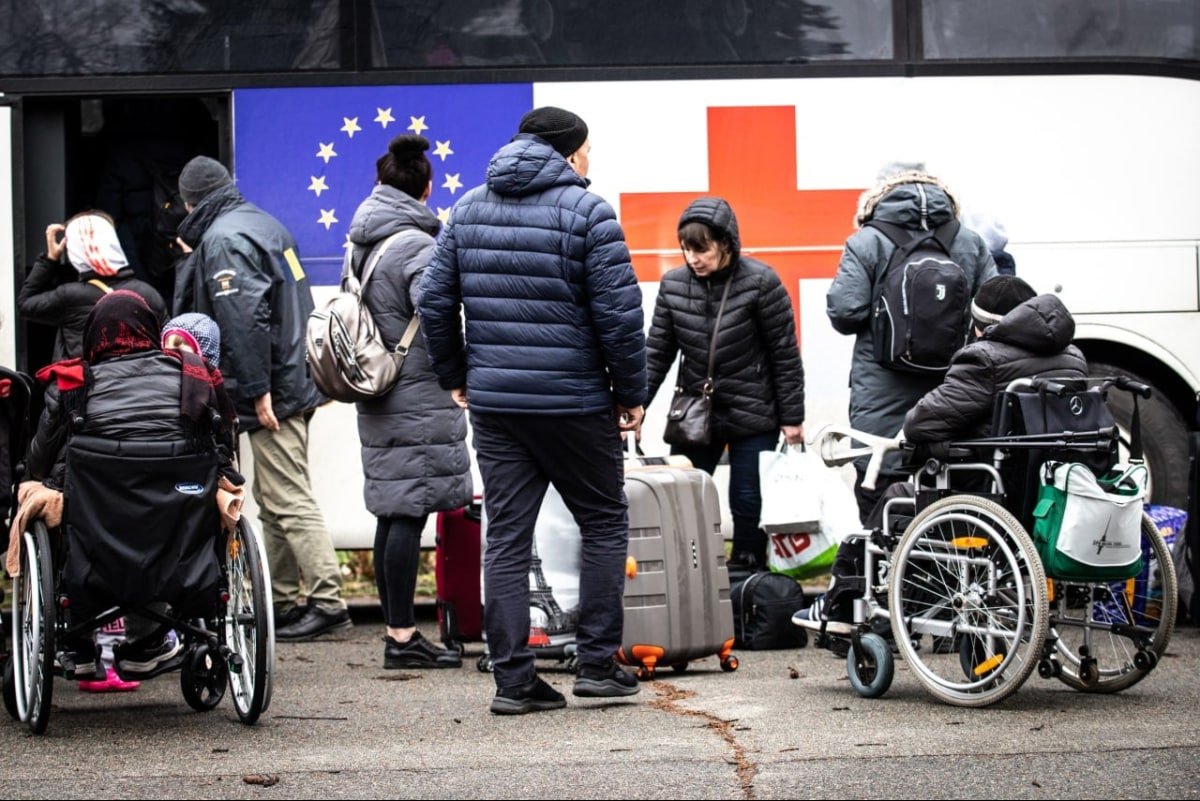Fri 29 September 2023:
The European Union’s top migration official said the bloc was set to agree on how to handle irregular immigration soon after ministers’ talks yielded no final deal on Thursday with Berlin and Rome worried over rising arrivals ahead of key elections, Reuters reports.
The ministers were searching for agreement on a long-stalled system for the sharing out across the EU of asylum seekers who reach Europe outside of official border crossings.
“I’m sure that in a few days we will have a formal decision on the general approach for the crisis mechanism,” said EU Home Affairs Commissioner, Ylva Johansson, declining to give details.
She put irregular arrivals this year at 250,000 people — mostly those who fled wars and poverty in the Middle East, Africa and South Asia, and reached the EU across the Mediterranean.
All eyes were on whether German Interior Minister, Nancy Faeser, backed the so-called “crisis mechanism” for distributing people to avoid overwhelming Italy and other countries of entry, after Berlin sunk a similar proposal last summer.
A diplomat told Reuters that Berlin agreed to an updated scheme during talks of the bloc’s 27 migration ministers in Brussels on Thursday.
But there was no full announcement of an agreement, with diplomatic sources pointing to Italy for delay. Asked about the matter during a visit in Berlin on Thursday, Italy’s Foreign Minister, Antonio Tajani, said Rome had asked for more time to examine the latest proposal.
The bloc’s 27 governments want to have a functioning migration system in place to look in control for their voters ahead of a pan-EU parliamentary election in 2024.
On Wednesday, Germany announced new border controls within what normally is Europe’s zone of open travel, saying that was required to push back against people smuggling.
The border checks with neighbouring Poland and the Czech Republic came after Germany recorded a nearly-80 per cent rise in asylum requests this year, a concern for the centre-left ruling coalition facing a challenge from the far right in a local election in Bavaria next month.
Such controls highlight how difficulties in handling migration challenge cooperation inside the bloc.
“Obviously, nobody is happy with new internal border controls,” said a senior EU diplomat, adding that an agreement on the “crisis mechanism” would shore up the EU’s struggling migration system and reduce the need for such measures.
‘Closer than ever before’
Migration experts, however, warn about practical difficulties in implementing any such schemes, while rights groups denounced earlier proposals as violating human rights.
The ministers also discussed seeking a deal with Egypt to prevent more people from setting off from the southern shores of the Mediterranean for Europe.
Critics have said a recent such agreement with Tunisia falls short on human rights grounds but more potential deals are on the cards as Rome sounds alarm over Lampedusa arrivals topping those in 2022 – the year when Prime Minister, Giorgia Meloni, won a national election on an anti-immigration ticket.
Italian data shows more than 133,000 sea arrivals to date in 2023, compared to nearly 181,500 in the country’s record year, 2016.
The EU – a bloc of some 45 million people – has been pushing tougher policies to curb irregular immigration since more than a million people reached its shores in 2015, catching the Union by surprise and overwhelming countries, including Italy.
At the same time, member states have been divided over how to share the task of caring for those who make it to Europe.
“We are closer than ever before,” EU Commissioner, Margaritis Schinas, told the ministerial talks of the agreement, which is expected to be finalised next week.
Schinas said a deal would “finally deprive the demagogues and the populists in Europe” of their argument “that we are not able to sort out our migration problem”.
Though unable to block the deal on their own, Poland and Hungary oppose hosting asylum seekers from the Middle East or Africa. They have, however, welcomed several million refugees from Russia’s war in Ukraine. Johansson said 4 million Ukrainians live under special protection status inside the EU.
______________________________________________________________
FOLLOW INDEPENDENT PRESS:
TWITTER (CLICK HERE)
https://twitter.com/IpIndependent
FACEBOOK (CLICK HERE)
https://web.facebook.com/ipindependent
Think your friends would be interested? Share this story!






